The ongoing Sudanese crisis remains a deeply concerning but often overlooked issue in the world’s news cycle, dominated by the Ukraine war. The contrast in media coverage between crises in African countries and those in European nations like Ukraine is evident. For instance, a simple search of the New York Times website in June revealed more than 145 articles published about the Ukraine war, a conflict that understandably captures significant international attention. However, when you search for articles on the current situation in Sudan during the same period, you find only seven articles, even though this was when internal war broke out in Sudan.
While events in Ukraine may have a more direct impact on countries like the United States, it’s crucial to acknowledge that similar critical situations with global implications are unfolding in Africa. Russian influence, as seen with the Wagner Group’s presence in Sudan and Libya, deserves attention and scrutiny. The media divide raises the critical question of why certain disputes receive extensive coverage while others, equally important, remain hidden from view.
The power struggle between General Abdel Fattah Al Burhan and General Mohamed Hamadan Dagalo lies at the heart of this issue, with far-reaching implications for both Sudan and the world. To fully grasp the gravity of the situation, it’s essential to understand the complex history that has brought us to this point.
Sudan’s political landscape has long been plagued by power-hungry leaders, leaving the nation in a perpetual state of turmoil. The central question in this current conflict is who will lead Sudan and control its valuable resources. General Dagalo (leader of the RSF) advocates for the exploitation of Sudan’s gold mines and investments in mining and transport, which would grant him substantial economic power. On the other hand, General Abdel (leader of the SAF), representing the Sudan Armed Forces, wants a transition to an elected government, with civilian politicians sharing power with the military. This power struggle is not isolated but has far-reaching consequences.
The international community has responded to this crisis with sanctions imposed on both the RSF and SAF. However, these sanctions alone have not led to a swift resolution, leaving the Sudanese people trapped in a dire situation.
Even before the current situation, Sudan was grappling with over 1 million refugees. The recent fighting, coupled with Sudan’s highest levels of humanitarian need in a decade and the impact of climate change-related severe weather events, has further exacerbated the situation. Crop and livestock destruction, along with worsening food insecurity, have added to the suffering.
Over 3.3 million people have been displaced, both internally within Sudan and as refugees in neighboring countries. Without a resolution, this number is expected to rise significantly, stretching humanitarian resources and forcing more people to seek refuge and assistance elsewhere.
The conflict in Sudan is a reminder of African nations’ complex challenges and the disparities in media attention they receive compared to other parts of the world. It accentuates the need for a more balanced and informed global perspective on issues that impact millions of lives in Africa and the broader international community.


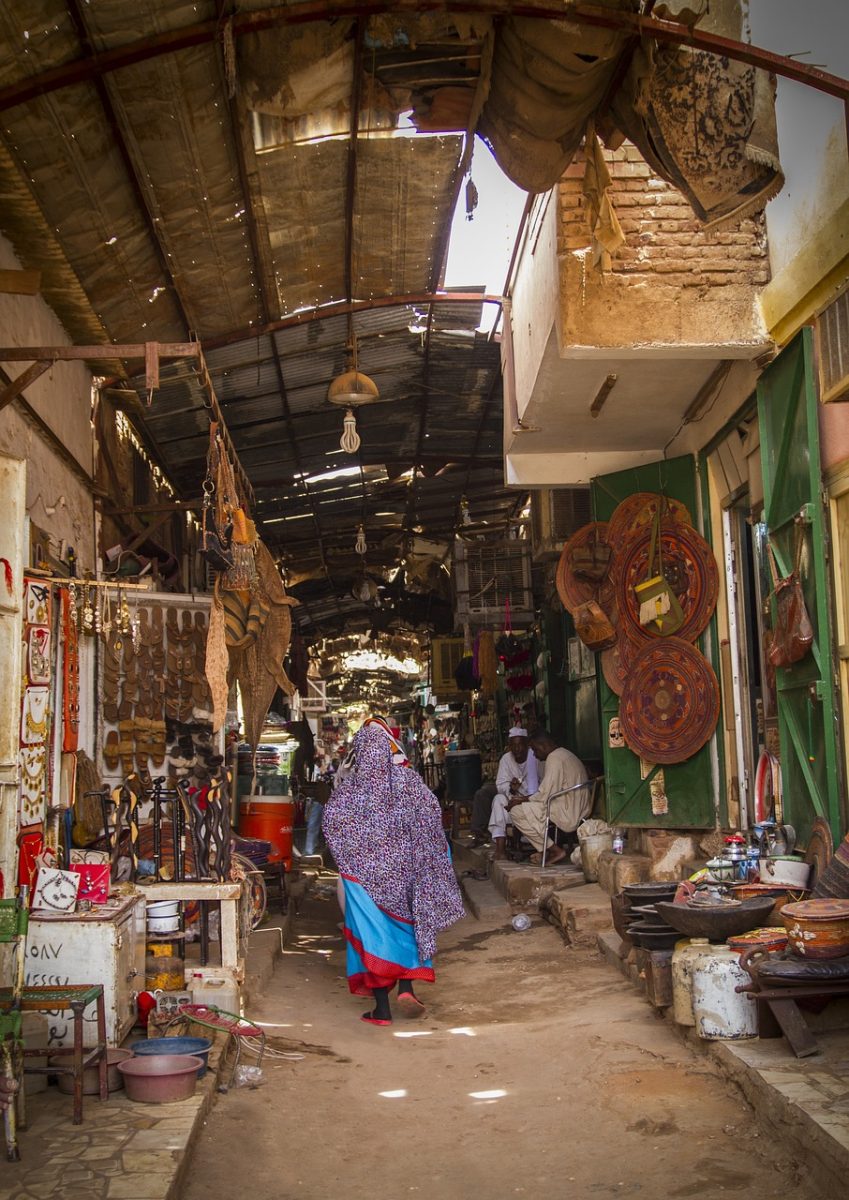
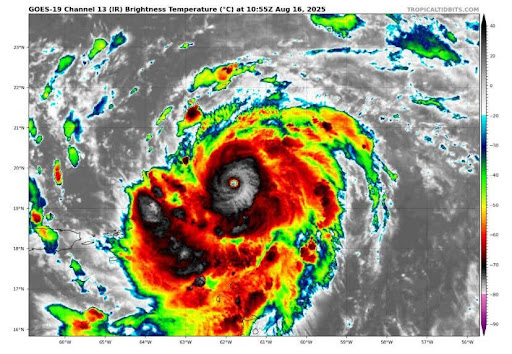


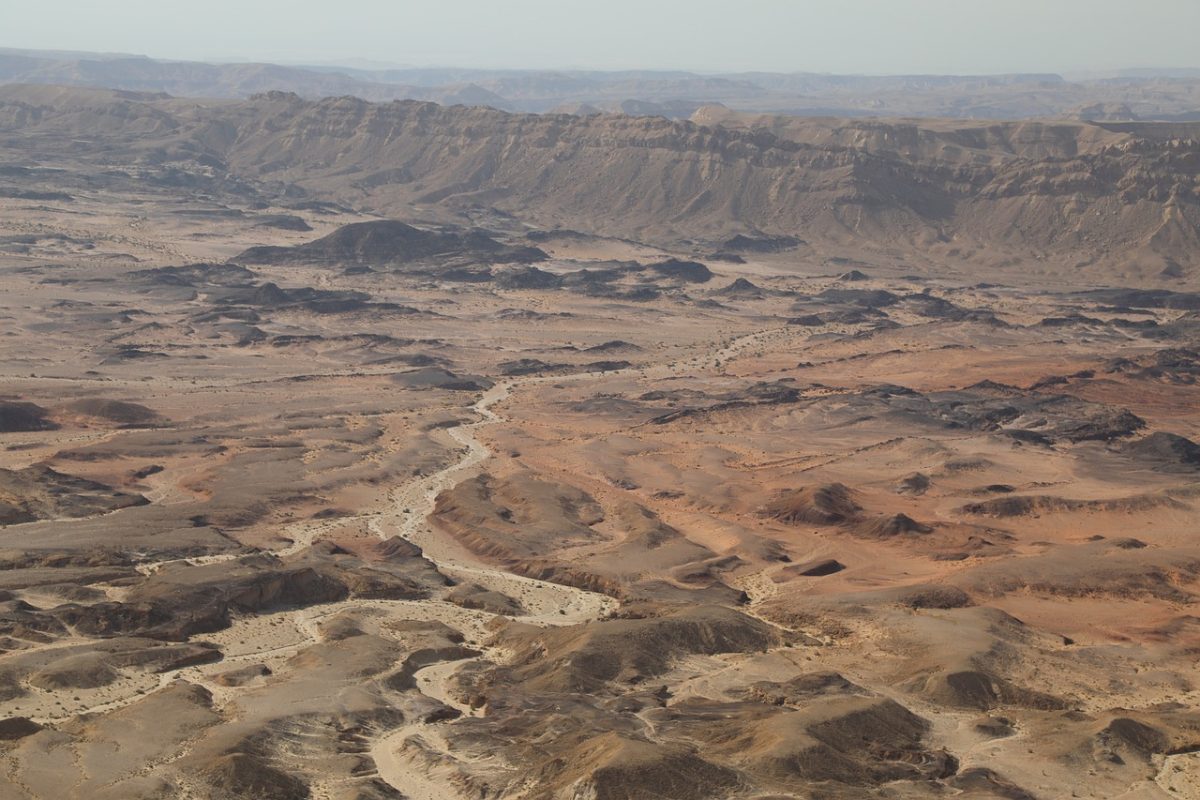

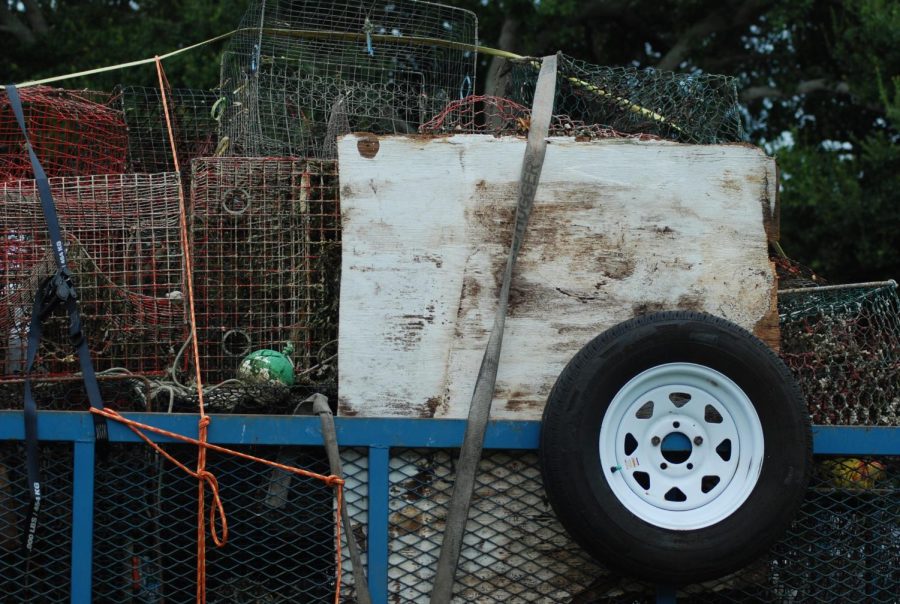
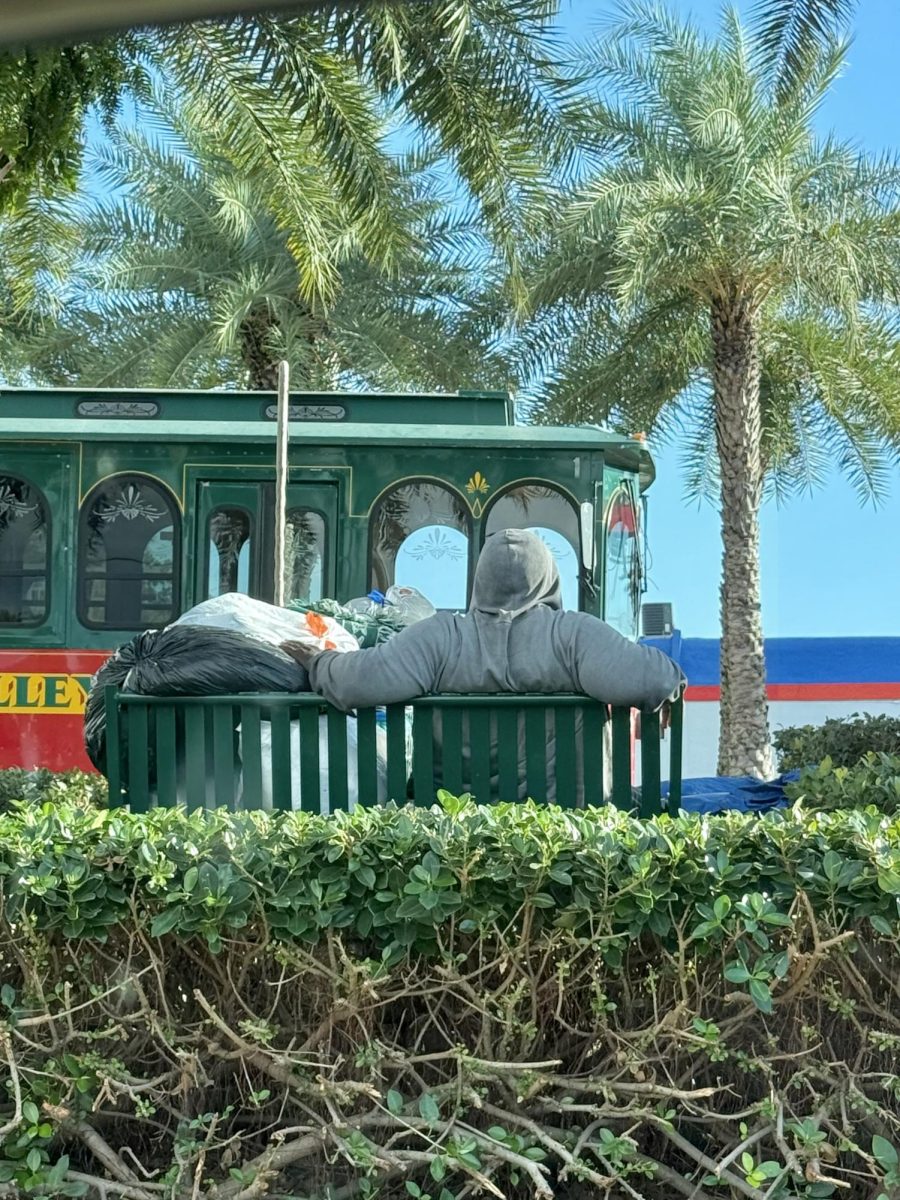
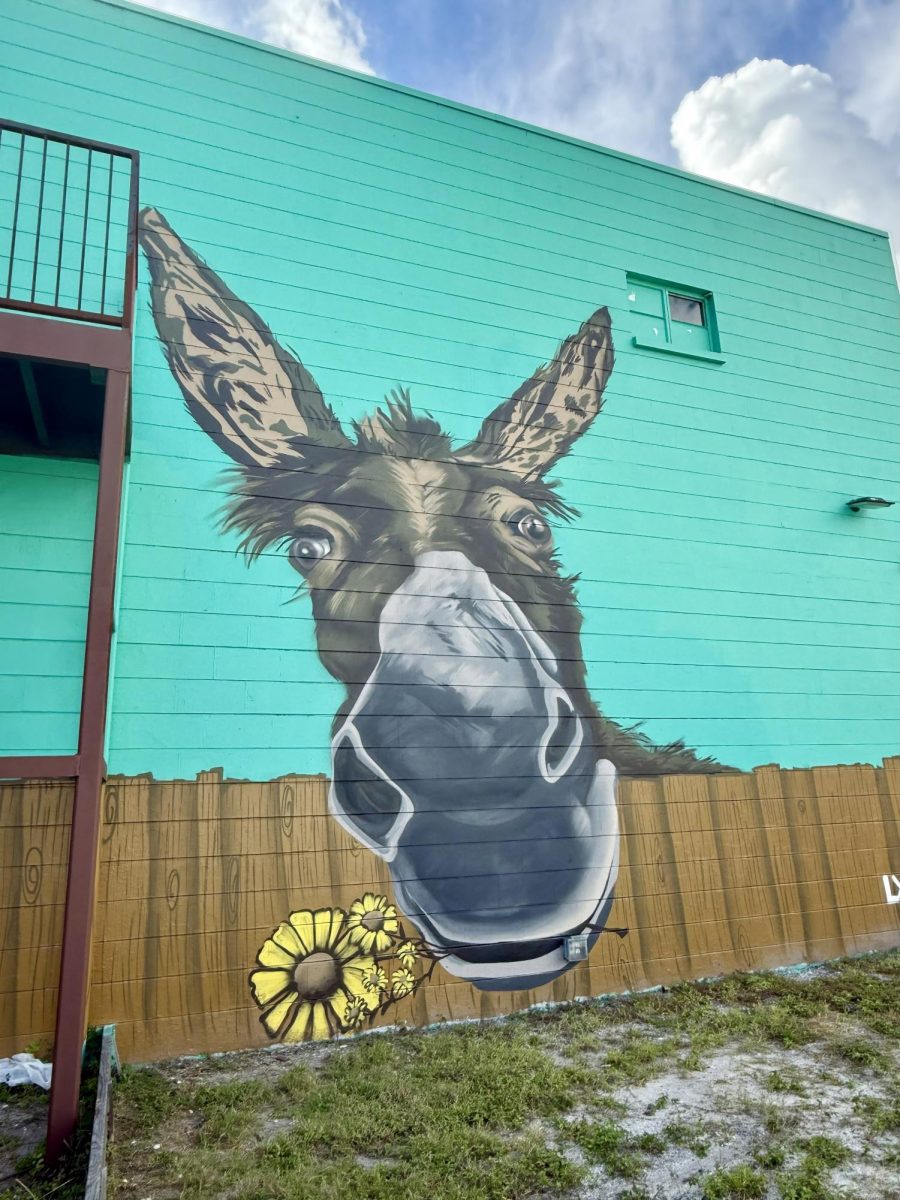


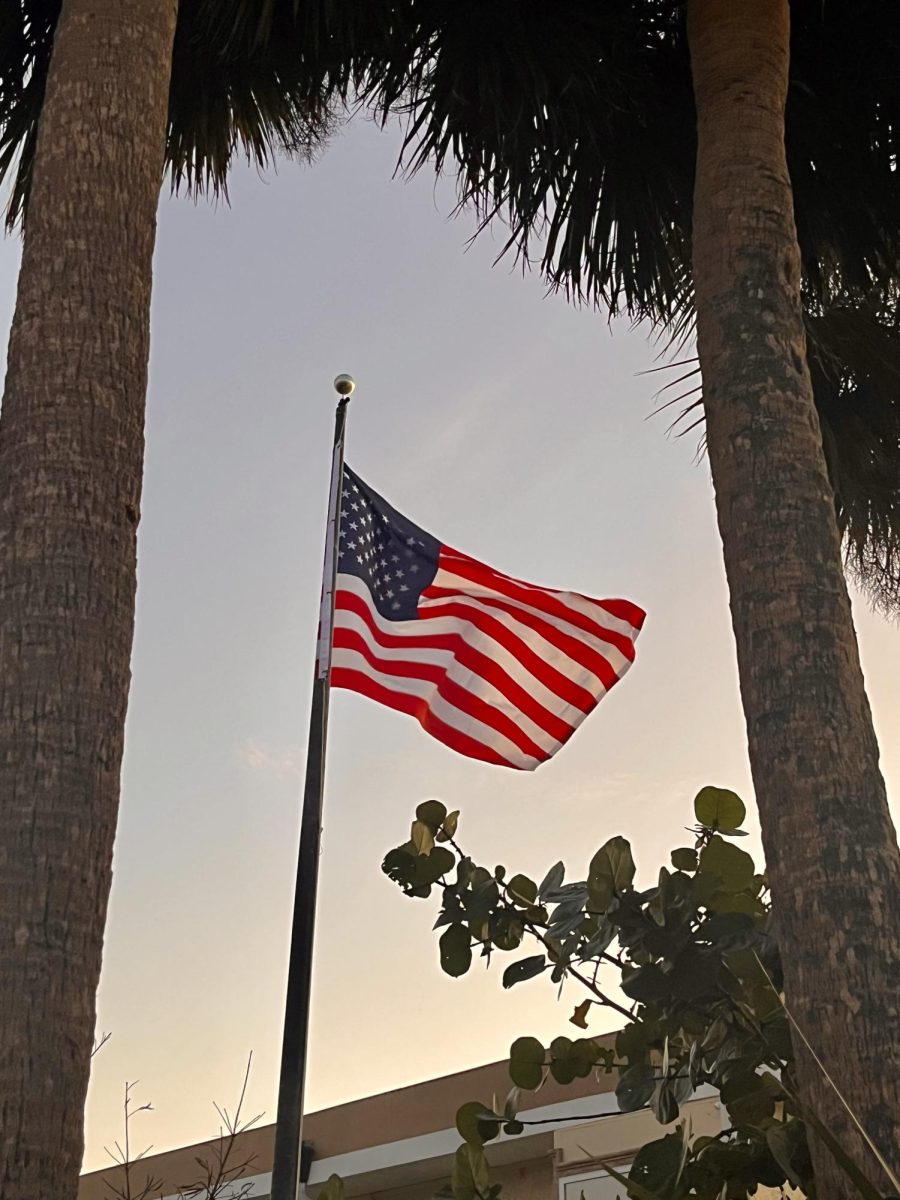

Raka Vishin Kaul • Oct 5, 2023 at 12:19 pm
Very well written piece
Kudos to Hema our budding journalist
Keep the good work going